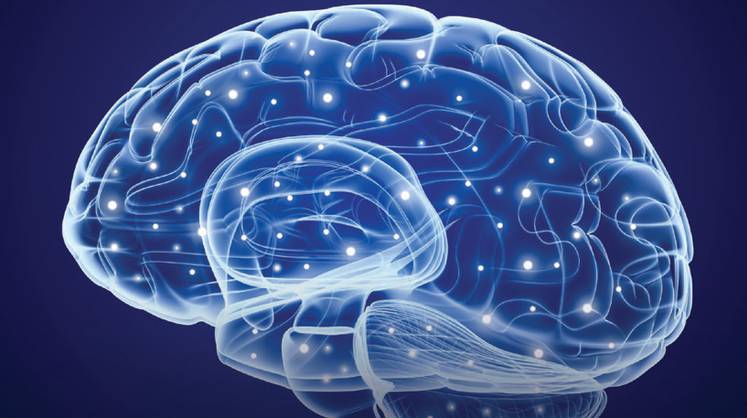Interdisciplinary research and projects already underway at St. Petersburg universities give the Northern capital a chance to become one of the leading Russian and international centers of inter-industry relations and scientific convergence
Convergence as a premonition
Interdisciplinary research and projects already underway at St. Petersburg universities give the Northern capital a chance to become one of the leading Russian and international centers of inter-industry relations and scientific convergence
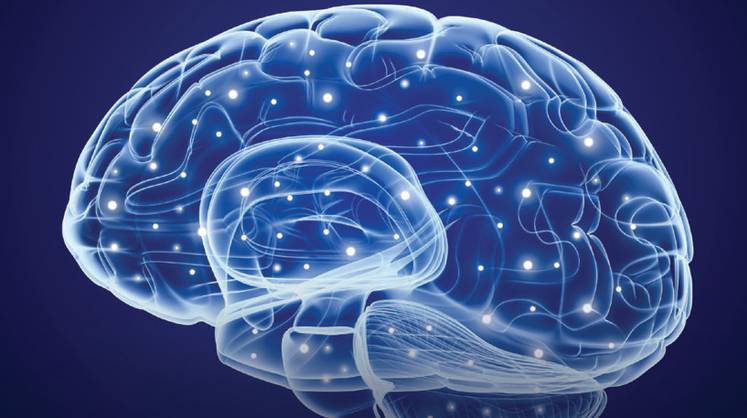
Today, there is a need to develop interdisciplinary programs for the emergence of specialists who are able not only to manage, but to integrate and think strategically correctly. One of the supporters and ideologists of convergence is Mikhail Kovalchuk, director of the NRC "Kurchatov Institute", who has been working on the development of an interdisciplinary education system for several years. The emergence of a platform for the introduction and development of the idea of convergence is intended to give a powerful impetus to domestic science, which will create breakthrough technologies in various industries. All this will solve a number of technological and economic problems, including the problem of import substitution.
These issues were discussed at a round table organized by Expert North-West together with the NRC Kurchatov Institute and IVAO (investment in innovative venture projects in the field of biomedicine and anti-aging).
According to Pavel Kashkarov, Deputy Director for Research at the National Research Center Kurchatov Institute, back in 2011, interdisciplinary methods were first introduced in one, and then in 37 more metropolitan schools. “Interdisciplinary educated people are a global trend that is spoken about at almost all educational conferences. These are the leaders of interdisciplinary teams who must look above everything and understand the language of related disciplines,” he noted. – Moreover, such programs give concrete results. For example, it is regenerative replacement medicine, which allows, in fact, to re-manufacture human organs from stem cells. Human stem cells are planted on the polymer frame, and then an artificial trachea or artificial vessels are formed around it. Over time, the polymer breaks down into water and carbon dioxide, while the stem cells remain to form a new organ.”
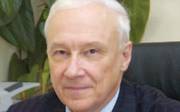
“That is, this is a fantastic design that could only be made in Russia. They say that everything is bad with our technologies, but we won the tender and we are making such wires for an experimental thermonuclear reactor. This is necessary in order to create extreme magnetic fields, which are needed in accelerators, thermonuclear reactors, and also in tomographs. We can do this, which is import substitution.Moreover, we can do it better than in any other country,” Pavel Kashkarov stressed.
In St. Petersburg, individual faculties of local universities create a kind of analogue of the interdisciplinary programs of the Kurchatov Institute. A longtime ideologist of convergent processes, head of the Laboratory of Cognitive Research at St. Petersburg State University, Tatyana Chernigovskaya, said that interdisciplinary Master’s and PhD programs on the topic “Cognitive Research and Complex Systems” are successfully operating at her faculty.
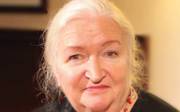
In advocating the development of a convergent direction, the university community emphasizes that it is impossible to train only such specialists, since in this case there may be a shortage of employees of a narrow focus, but it is necessary to select gifted ones for training in interdisciplinary programs. And in this selection, Tatyana Chernigovskaya is sure, there is no place for formal tests.
“If we offer such a test to Pushkin, Beethoven, Schopenhauer, Kant, Vernadsky, Kurchatov and so on, they will not pass it. Because of this, we can miss the most needed people. Meanwhile, it is Russia that has great chances in this convergent industry. Our type of consciousness cannot do things with conveyors, but it can assemble one car, Rolls-Royce is better, but we will not be able to mass-produce it, because we are bored with it, the head of the laboratory concluded. “Culture, painting, humanitarian education, music are directly related to a convergent specialist, because a person who does not distinguish Durer from Levitan will not do anything good in the industry.”
Director of the North-Western Institute of the Russian Academy of National Economy and Public Administration under the President of the Russian Federation Vladimir Shamakhov supported Tatyana Chernigovskaya, emphasizing that without a clear goal-setting, "the country's economy cannot be extended by any nanotechnologies."
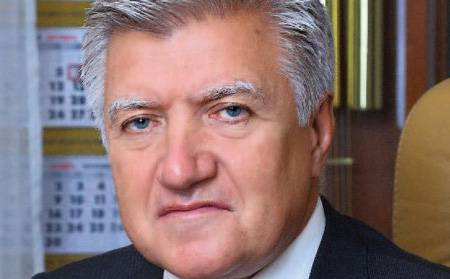
He confirmed the need for a convergent approach and even gave an example of high-impact experience in this area.
“This experience is over 300 years old. I'm talking about the Tsarskoye Selo Lyceum. In terms of performance and career trajectory, these graduates were number one in the world. At the same time, the development of domestic technologies is largely hampered by the lack of managerial discipline. This is what prevents Russia from achieving serially high results,” said Vladimir Shamakhov.
The way out is cluster and project forms, which are widely used today. They are also based on an interdisciplinary approach. Only in St. Petersburg more than ten clusters of different directions are successfully operating.
In September, at the initiative of the Federal State Budgetary Institution “North-Western Federal Medical Research Center named after N.N. V.A. Almazov" a medical cluster "Translational Medicine" was created. Vladimir Kutuzov, rector of St. Petersburg State Electrotechnical University "LETI", said that at that time, doctors turned to his university for help.
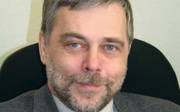
Continuing the subject of medical science, the rector of the St. Petersburg State Chemical Pharmaceutical Academy Igor Narciewicz expressed his gaze on the pharmaceutics. He noted that in this industry, everything comes down to the fact that "educated local personnel needed, which would be carried out by localization of technologies in Russia". According to his disappointing forecasts, in the next 10-15 years, Russia will make copies of foreign drugs or cheaper counterparts. Import substitution in this industry even interdisciplinary programs will not be pulled out. The fact is that large companies for one drug takes up to $ 3 billion, there are no investors in Russia capable of covering these costs.
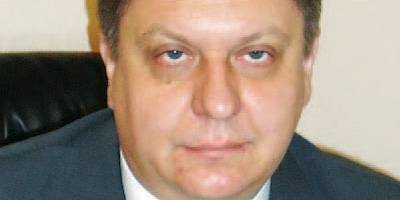
"Pharmaceutics develops, but as long as she laid the basics of the development of the industry itself. Plants go to the launch, register their medicines, then the scientific infrastructure must follow. And here I would like to have several national scale projects that could have a clear financing and distribute work on universities and scientific institutions, as well as corporations, "Igor Narkevich formulated.
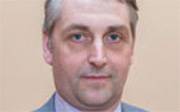
In particular, a number of programs for supporting talented youth are being implemented in St. Petersburg. The Chairman of the Committee on Science and Higher School St. Petersburg Irina Ganus said that at the moment the projects "Economic Development and Economics of Knowledge" work, "Preparation of highly qualified personnel" and "promoting scientific activities". Among the talented youth are contests for grants. Of the 400 thousand students, according to the results of such selections, only 1.5 thousand are supported from the budget of St. Petersburg.

The "best investment project" is a contest among adults, among, so let's say, small clusters (see Material about this competition on page 8-9). They actively file their projects, happily get a stele, a gift, a diploma developed by us, and they are really proud that the government marked them. But what? How to fit with his project? We come to business and stop. Universities have enough development, especially in the field of medicine, which are ready for implementation. The university will even take on the experimental stage, but then you need the one who will invest money and will launch it into mass production, and where to take it – it is not clear, "Irina Ganus explained.
While scientists argue that investors are not found, these most investors explain that the developers often simply do not agree. The director of IVAO Lada Fomenko just helps to meet scientists and sponsors. In her opinion, the problem lies in the absence of an interdisciplinary approach to its project.
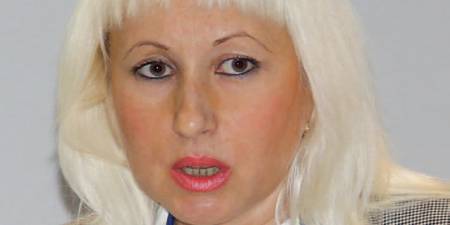
"Alas, but very many scientists do not know the economies, marketing, do not know how to conduct a patent research. They go to the investor only with the project, but they need a business plan, you need to understand whether there is somewhere the same patents, you need all the same marketing research.And here a problem arises – the investor and the scientist speak different languages. Thus, there is no culture of communication and the concept of interdisciplinary connections. The scientist believes that his developments are intellectual property, and he is not ready to talk and negotiate with the investor, offering him a meager share. All this alienates the investor and the developer from each other. In the end, we decided to help both sides to remove this problem. We began to conduct an examination, help resolve issues with patents, to help pack the project in a format that is understandable to the investor,” Lada Fomenko added.
In the process of developing domestic technologies, business does not stand aside and works with potential scientists. Bank "Saint-Petersburg" annually takes 170 students for internships, who can apply for a special scholarship. However, the organization is engaged not only in the cultivation of its own personnel, but also invests in intellectual technologies. They believe that it is important to promote positive changes in the country. Maria Smirnova, Director of the Bank's Human Resources Directorate, sees the problem in the absence of employees in the labor market who are competent in related fields. From the point of view of interdisciplinary projects in science, there are no such platforms; the employer and the applicant simply have nowhere to meet.
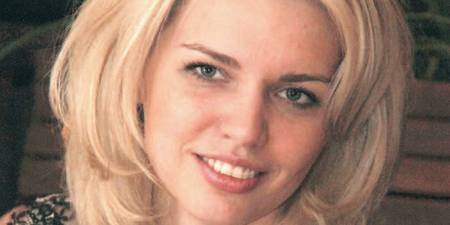
Summing up, Pavel Kashkarov noted that everyone understands the term "interdisciplinarity" differently, but it is important that this ideology penetrates the masses and the need for this is felt.
“As today's conversation showed, even in the banking sector it is necessary not only to unite the efforts of specialists from different fields, but also to have a person who could lead such a team,” he said.
According to the scientist, there are two examples of megaprojects of the 20th century that became successful only because interdisciplinary educated people were at the head.
“This is an atomic project and Igor Kurchatov, since one had to be a nuclear physicist, a geologist, and a chemist. The second example is the space project and Sergei Korolev. Today, however, much more such people are needed. Of course, it is impossible to switch all education to interdisciplinary, because then there will be no specialists left who will bring the problem to the end. Therefore, we must understand and observe this balance. And interdisciplinary educated people will be integrators of powerful teams where it is required. Interdisciplinarity in different areas has its own, but it must be present, since the world is so complex that even a philologist, a philosopher must have a natural basic education, ”concluded Pavel Kashkarov.
Thus, the authorities, universities and business agreed that in the current geopolitical and economic conditions it is necessary to combine the efforts of the best specialists under a competent manager. The participants in the discussion are sure that for an economic and technological breakthrough, the country needs the Kurchatovs and Vernadskys of their time.Their selection and cultivation has become a common task of all three sides – states, education and business.
St. Petersburg
The main goal is to create a Pleiad thinking

– The difference in university education and any other education is great and is this: in the technical university you give you a specific set of professional knowledge, and the university must teach you to think. When you taught it, it is already completely no matter what you do. The main task of university education is to give a wide range and teach to think. And I am convinced that the main difference between the university education, his main goal is to create a Pleiad of thinking people. At the same time, give them a set of knowledge, but not narrowly special, but quite wide. A person must be a patriot. I want to emphasize: there is no national science, science does not have borders, it is international, but there are national interests. And people should remember this, getting a ticket to life from the hands of the state. Remember that their shoulders are responsible for national interests.
A person must be interesting in itself, and human interest with what is connected? When a person knows a lot and this operates interactively when he has a sense of humor, which, as a rule, is associated with it. You know, there is such a word – "passionation". This is a certain amusemental inner entity that makes it possible to people focused on emotionally good things, moving forward. It seems to me that the university must raise thinking and passionate people. Thinking person, professional, patriot, passionary personality – who will get to the Nobel pedestal.
And the applicants who want to become universal in the near future, the ladies are very simple advice: "Learn, my son: Science reduces us experienced experiences of a fast-course life." But if you need to be more specific, we must remember that we live in a great country, and in this regard, to understand that today, after the difficult decades that we have lived, the country is on the rise, it seems to be born. Work on it is a young business. People entering the university should understand that the load of responsibility for the promotion of the Great Country lies on their shoulders. These are colossal responsibility, but also colossal perspectives that are not at all point in the world today. Russia is the country of opportunity.

